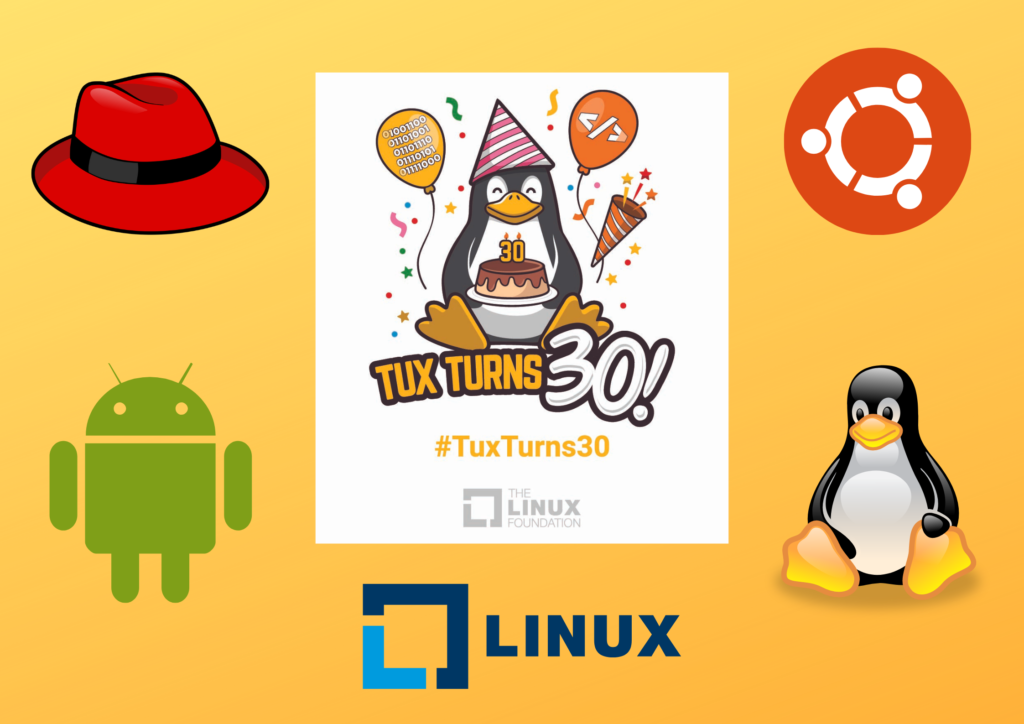|
Getting your Trinity Audio player ready...
|
It was the year 1991 when a young computer science student, studying at the University of Helsinki, got frustrated with the licensing of MINIX, a UNIX-like operating system aimed at students who wanted to learn about operating systems. This young programmer then began developing his own operating system, which he claimed to be his hobby. The programmer was Linus Torvalds.
Little did Torvalds know that his operating system was about to change the software industry forever. Today, Linux is the most popular open-source project and the world’s dominant operating system. Because it is free, it has hundreds of Linux distros (the enterprise name for different distributions or flavours of Linux OSes) produced by various enterprises, startups, and even individual programmers.
Here are 12 facts that make Linux the most significant and unique operating system.
- The Linux Foundation, the non-profit organization for developers and companies with the aim of building systems that accelerate open source projects, hosts hundreds of open-source collaborative projects where more than 700,000+ developers contribute.
- Despite the fact that he wrote 100% of the first Linux release, Torvalds’ code is only found in less than 1% of the latest kernel releases.
- Every release of Linux kernels are given some funky codenames. For example, v5.12.19 is named “Frozen Wasteland,” v4.3.6 is named “Blurry Fish Butt,” v3.7.0 is named “Terrified Chipmunk,” and so on.
- The Android operating system, which is based on a modified version of the Linux kernel, has an 86 percent global market share of all smartphones, according to Gartner and Statista.
- The GitHub repository for Linux has more than 117k stars and more than 700+ releases to date.
- 100% of all the top 500 supercomputers use some distro of Linux.
- The initial Linux kernel was only 65 KB in size and consisted just 10k lines of code. To give some perspective, today’s even a standard Linux kernel has over 10 million lines of code.
- According to openhub.net, the majority (approx. 95%) of Linux is written in C language.
- The sophisticated Automatic Train Control (ATC) system on Japan’s bullet trains is maintained and managed using Linux.
- Torvalds picked a penguin (called “Tux”) as the mascot for Linux in 1996 after being bitten by an angry penguin as a kid on a visit to Canberra, Australia.
- Most of the world’s renowned banks across the world use Linux as the operating system as it provides an incredibly secure yet stable environment for users.
- The trade for New York Stock Exchange is run by Red Hat, which is one of the Linux-based operating systems.
- The military across the world use the Linux operating system for research, official and administrative purposes. Most submarines, including innovative nuclear submarines, missile systems, unmanned aerial vehicles (UAVs), and so on, are built and managed using a Linux-based system.
- 90% of the public cloud workload is run on Linux distros.
- In the year 2000, Steve Jobs offered Linus Torvalds a job on the condition that he cease developing Linux which he declined.
- Special effects in Hollywood blockbusters like Avatar or Avengers rely on Linux at some point in their production process.
Linux has become an essential component of both the software industry and your daily life. It has become the most significant operating system ever built, powering everything from smartwatches to IoT devices, smartphones to Tesla cars as Tesla utilises Linux Ubuntu as their operating system.
Linus Torvalds is being paid $1.5 million per year by The Linux Foundation for his contributions. Torvalds currently works from his home where he spends most of his time.
Linux has changed everything as we know of technology. This is what happens when a project is open-sourced for the world to contribute and innovate. I hope we get to see many more successful open source projects in the future.
Thank you for reading!
If this article provided you with value, please support my work — only if you can afford it. You can also connect with me on X. Thank you!


Comments are closed.